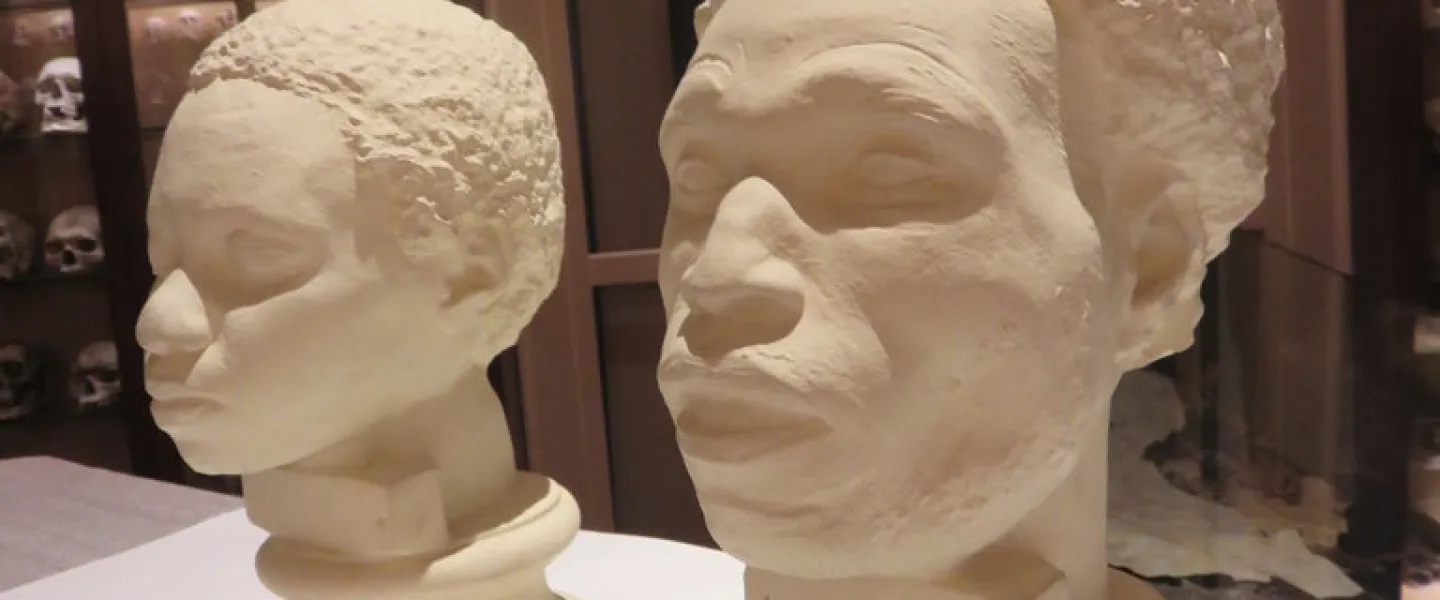
This research examines racial prejudice in the 19th and early 20th centuries. The study uses a collection of busts found in the Canary Islands to approach racial prejudice and colonial connections. The busts were purchased from France and brought to the islands in the late 19th century to be displayed in an archaeological museum that houses the remains and material culture of the indigenous people of the Canary Islands. Most of the busts, however, were made in the mid-19th century, including some of Icelanders, when racial science was in its formative stages.
The research asks: What light does the history of the busts in the Canary Islands shed on the history of racial prejudice and transnational connections through colonialism? What does it say about Iceland's role in this history? One of the project's goals is to make visible the history of racial prejudice and the formation of racial science as part of connecting different regions outside and within Europe.
This is important in a contemporary context characterized by a strong call for decolonization and reckoning with the injustices and prejudices of the past. The research is part of a larger project (CERM-Creating Europe through Racialized Mobilities) that also examines the connections between the Canary Islands and Iceland in modern times, as well as mobility and inequality.
For more information visit our webpage.
Funding and Partners
Kristín Loftsdóttir, professor of anthropology, leads the research and is the principal investigator. The CERM research project, of which this project is a part, includes an international group of scholars. The research is funded by the Icelandic Research Fund and the University of Iceland Research Fund.


